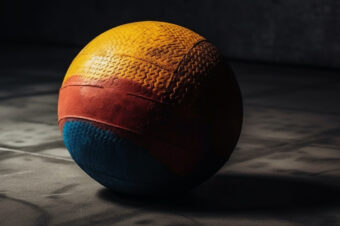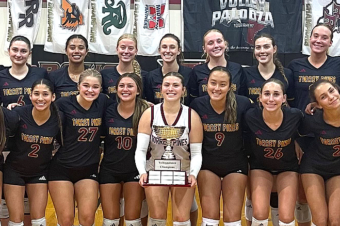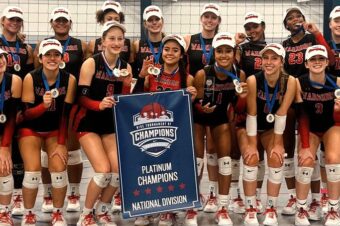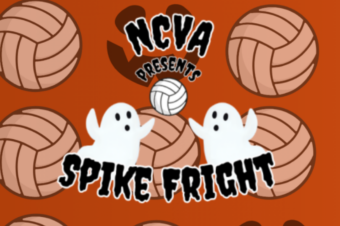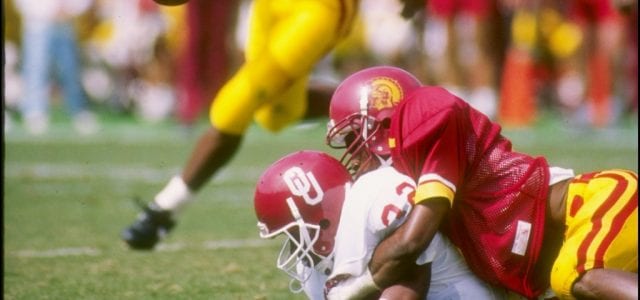
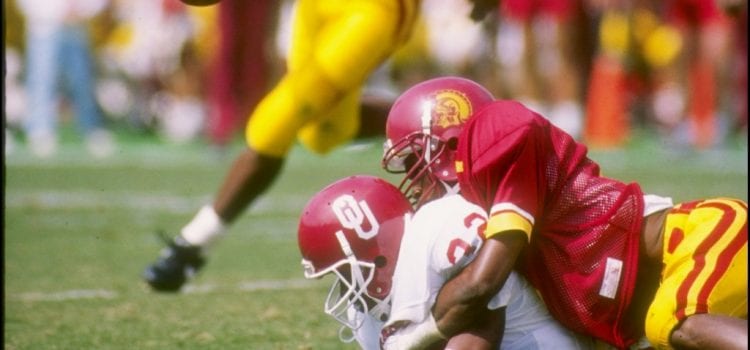

When football practice is done at Serra High in Gardena, Marvin Pollard often takes some Cavaliers home.
“A guy with a big car, a lot of kids inside,” Pollard said. “I know I can get pulled over. I’m subject to being profiled.”
Pollard is one of the few who can change the subject. He is an L.A. County Sheriff’s Deputy and an assistant coach at Serra.
He has given “the talk,” which used to mean birds-and-bees before it became such a frequent travel advisory between African-American fathers and sons, and coaches and players.
When the blue lights flash for a Serra player who’s driving, Pollard tells him to be respectful and “don’t try to dissuade.”
He also encourages the player to carefully use the cellphone and call Pollard and put the conversation on the speaker, and explain.
“I want the cop to feel safe, too,” Pollard said. “I get the frustration. I wear two uniforms. One is my law enforcement uniform, the other is my skin color. But with all the protests, I hope we can get some positivity out of this.”
On Memorial Day, Derek Chauvin put his knee on George Floyd’s neck for eight minutes and 46 seconds.
“Almost as long as an entire (NBA) quarter,” said Clippers coach Doc Rivers, the son of a cop himself.
Since the murder was taped and broadcast, Chauvin’s knee was like the final whack of a hatchet against a tree. All the other chops had set it up, but this one brought down a torrent of branched frustration.
It allowed daily victims of racial oppression to purge their souls. It allowed vandals to vandalize. It let opportunists to insist on empty gestures and to remove Chauvin’s badge and put it on the chest of all police.
Through it all, NBA players felt free to tell their stories, because their league recognizes that its game is a creation of American life and deserves the same stage.
Meanwhile, we’re supposed to find some truth in a society that has lost all nuance, where repetitive yelling has replaced listening.
Funny, how much easier life was with a 24-second clock and an illegal defense.
“I don’t want to see any of our younger deputies lose their jobs over this,” Pollard said. “We still have to police the crime. Houses get burglarized, alarms go off. Crime won’t go away if we have fewer policemen.
“But cops also have to put themselves in position to be listeners, to be understanding. Change will happen, but not overnight.”
Pollard was a USC safety, tried the Canadian Football League, came back to L.A. looking for work. His mom worked in the court system for 35 years. She recommended the police test, and Pollard passed it. “Checked all the boxes,” he said.
But first he had a 3-month session with an exacting training officer.
“He was hard on me, and I hated coming to work,” Pollard said. “A white guy. I didn’t appreciate him until it was over. Now, he influences everything I do, all the way down to the way I write reports.”
Pollard worked on gang detail in Compton, back in the days of daily gunfire. He learned ground policing, and its skills.
“If you treat them with respect, you’ll get it back,” he said. “You can establish something so that you can say, ‘Hey, buddy, I need this area cleaned up,’ and they’ll do it for you. I’ve seen preachers get upset, I’ve seen gang members be calm. You have to learn the street code, the ethics.”
On Wednesday, Rivers recalled his boyhood near Chicago, “one of the most segregated cities in the country.” He remembers his house burning, and his grandparents’ stories from Macon, Ga.
Rivers knows the fire and rain of protests. “This is not going away this time,” he said. “I just think our young people are engaged.
“We need police reform. I don’t think that’s anything new. You can go back to sitcoms with Fred Sanford, and he’s talking about police reform. You should not be nervous driving in your car when you’re black. You just shouldn’t be, and we all are. And it’s a fact. Just because I’m a coach, or Kawhi Leonard is a player, we still have every chance of getting pulled over, and from there we don’t know what happens.”

C.J. Pollard was a safety at USC until he went to Utah State as a grad transfer. “When something like this happens, I think this could be him,” said Marvin, his dad.
But Pollard knows that all policing episodes are as singular as fingerprints, and that “reform” means cleansing, not elimination.
This might take more than one talk.





